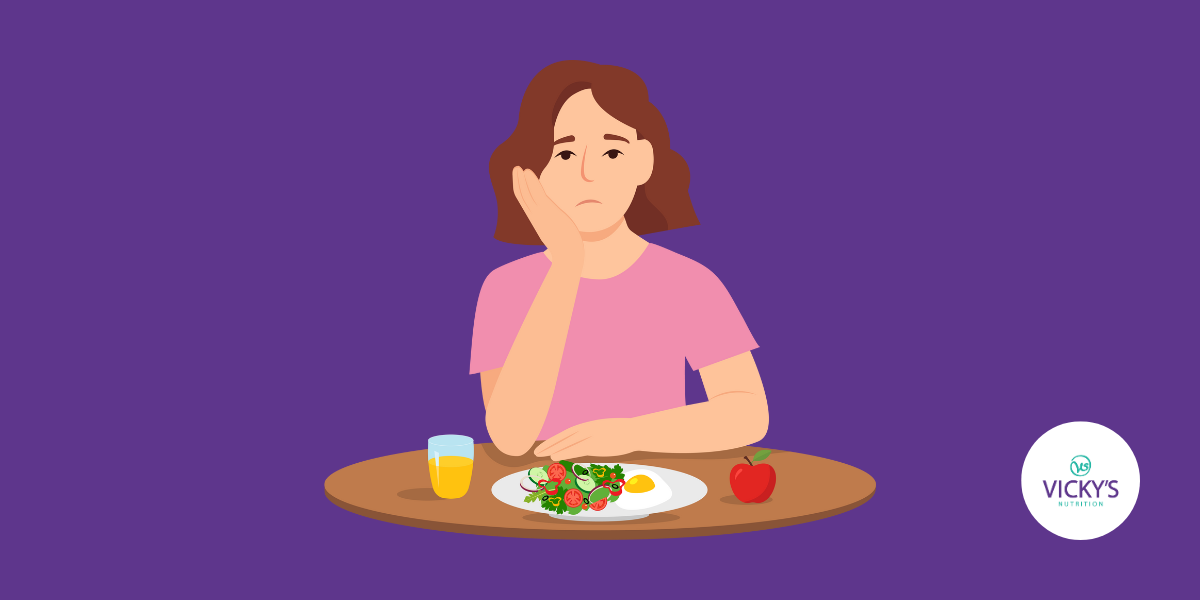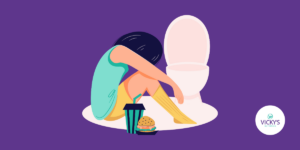Eating Disorders are mental disorders which are defined by abnormal eating behaviours such as consuming a big amount of food or abstaining from it.
Other dangerous and non-functional behaviours that often coexist are :very restrictive diets, purging methods (use of laxatives, dieuretics, inducing vomiting, overexercising) to change the body weight or shape.
There is a constant fear of gaining weight and a desire to be thinner. As a ‘quick fix’, a person who struggles with Eating Disorders will do anything to achieve it.
Based on the American journal of clinical nutrition, global eating disorder prevalence increased from 3.5% to 7.8% between 2000 and 2018.
Based on a Harvard report in 2020, every 52 minutes 1 person dies as a direct consequence of an eating disorder.
What is NOT an eating disorder
An eating disorder is not:
- just a difficulty with food
- something that will go away by itself
- “I just ate a bit more than usual” : For instance,I had my dinner,then a dessert, I overate hence it is an eating disorder
- caprice
- a lifestyle choice
What causes an eating disorder?
It seems that the social, psychological, religious and family environment play a major role (eternalising factors).
Types of Eating Disorders
Anorexia nervosa (AN)
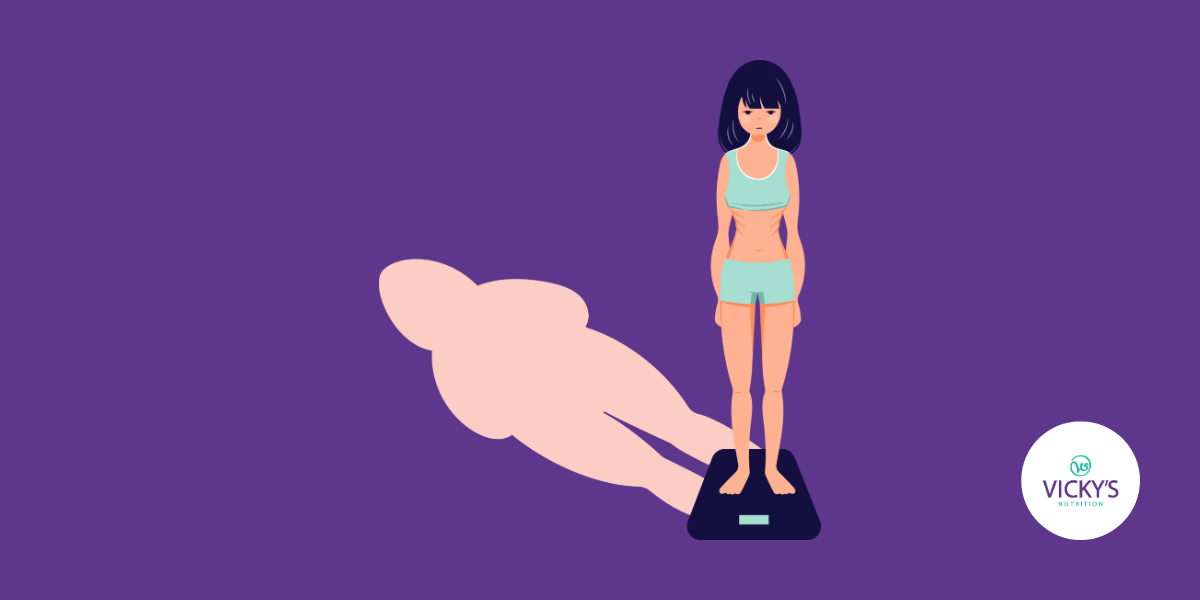
A person struggling with Anorexia constantly worries about their shape.
They desire to always be thinner than they already are and their body image is distorted (body dysmorphia). When looking at a mirror, they see a much bigger sillouette and there is a compulsive behaviour to reduce their body weight with extreme methods (eating very little or nothing, use of laxatives and/or diuretics, inducing vomiting and over exercising).
Period in women may stop due to very low body fat percentage.
Anorexia Nervosa often coexists with other mental health issues. However, there is no adequate training and knowledge in healthcare professionals and often they don’t know how to approach Anorexic patients in order to treat them.
Bulimia Nervosa
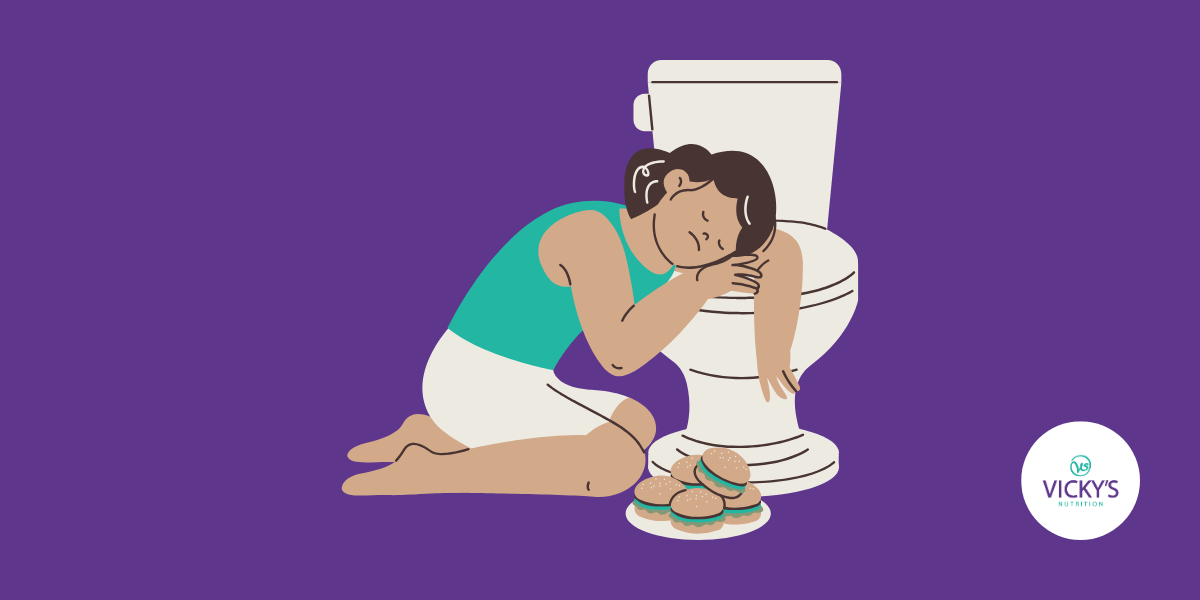
A person struggling with Bulimia will often find themselves binge eating an excessive amount of food with the presence of compensatory behaviour (strict diets, use of laxatives and/or oral diuretics, induce vomiting and/or over exercise) in order to control their body weight or shape.
Bulimia is more common in women than in men. Usually begins in teen years. It is usually a very hidden disorder as members of the person’s inner circle may take yeara to realise that the individual is struggling with it.
Orthorexia Nervosa
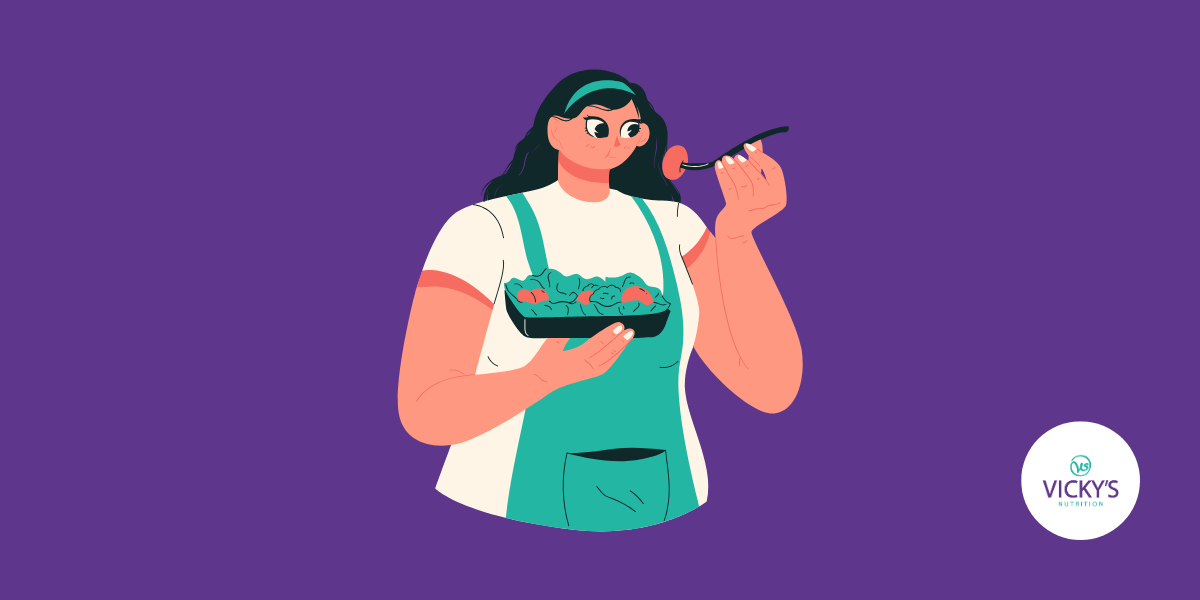
A person who is struggling with orthorexia will ONLY and ALWAYS choose food that is healthy, lean, clean.
Although this may seem unharmful, orthorexia hides an obsession over healthy diet which may lead to clinical, medical or psychosocial effects.
Binge eating disorder
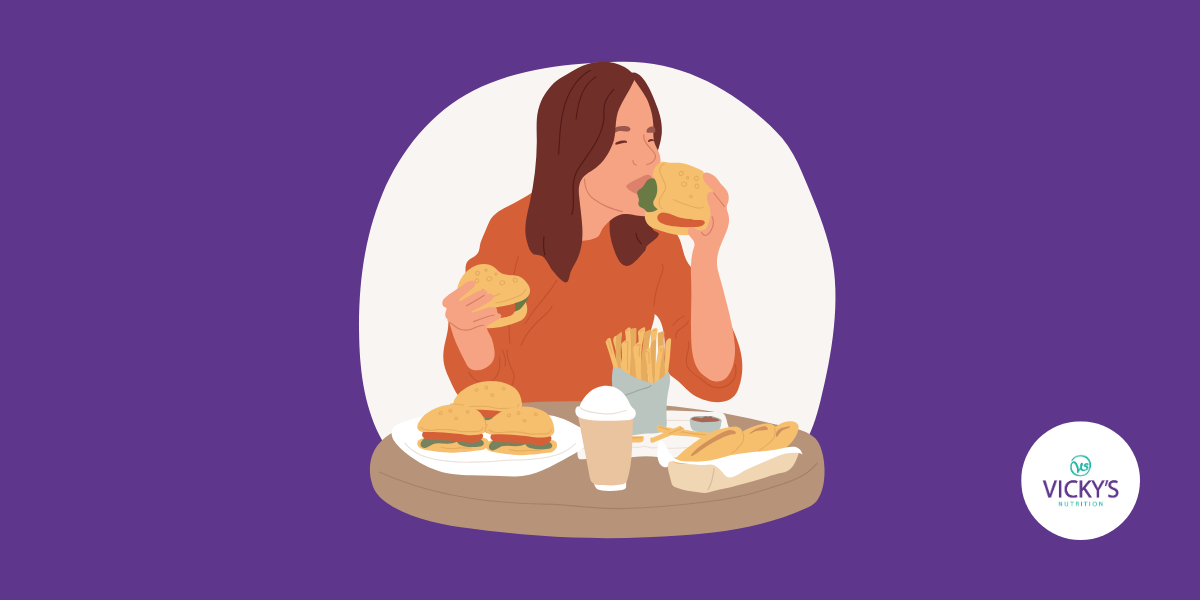
This is very similar to Bulimia Nervosa., with the only exception that there are no compensatory behaviours after a binge eating episode.
Common feelings that come up are aversion, guilt and regrets. A person struggling with Binge Eating Disorder usually eats in secret and is very stressed over their diet in relation to their body weight.
Night Eating Syndrome
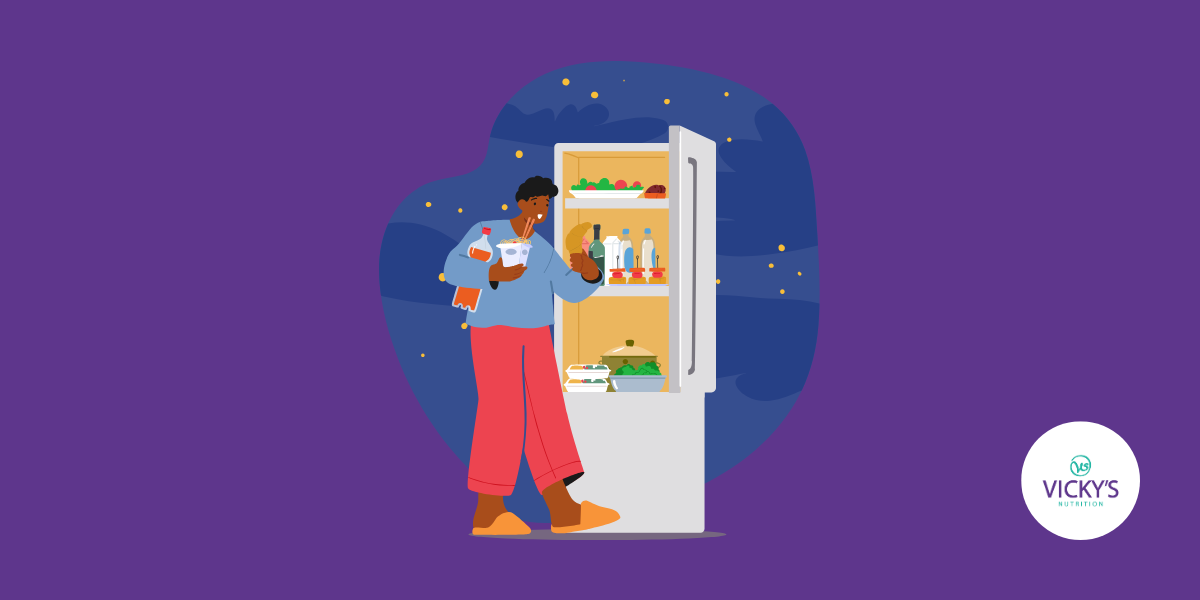
A person who is struggling with Night Eating Syndrome consumes more than half of their daily energy (calorific) requirements at nighttime.
Common behaviours are: bingeing on food rich in fat and sugar, insomnia, agitation, low mood at night and loss of appetite in the morning.
Other specified feeding or Eating Disorders (OSFED)
People may have some symptoms or behaviours that are similar to Eating Disorders but they do not meet the criteria to make a diagnosis. OFSED is the most frequent diagnosis of Eating Disorders.
How to recognise Eating Disorders: What to look for and signs to worry
Some types of Eating Disorders are difficult to be recognized because a person who struggles with it will try to hide it due to shame. They may feel that they won’t be accepted or people may judge them.
- Constantly talking or avoid talking about food
- Difficulty eating in public or in front of others
- Hidden empty food wrappers
- Agitation during mealtime
- Hiding their body in buggy clothes
- Excessive weight loss or excessive weight gain
- Compensatory behaviours
- Use of food as quick fix, as a mechanism to regulate the hard/difficult emotions (difficult to recognise it/spot it)
- Obsession around food
- Feeling guilty after consuming a “dangerous food”
Are eating disorders dangerous?
The short answer is yes.
Unfortunately, Anorexia Nervosa has the biggest mortality rate amongst other mental health disorders, which is close to 10 to 15%.
Eating disorders can cause a lot of damage in the body and soul. Body systems that can be affected are:
Cardiovascular system
When the body isn’t receiving enough calories, it will break down its own tissue for energy.
Muscles are the first organs that will be used as energy with the heart being the most important. Malnourishment will start decreasing the heart rate.
Moreover, inducing vomiting and/or using laxatives depletes the body of electrolytes. This imbalance can lead to irregular heartbeats, possibly heart failure and death.
Gastrointestinal system
Food restriction and/or purging interferes with digestion and can lead to stomach pain, bloating, involuntary vomiting, nausea, infections, blood sugar fluctuations, constipation and gut dysbiosis.
Binge eating and vomiting can cause irreparable complications which can be life-threating.
Neurological
A fifth of our daily energy intake goes directly to brain.
If we deprive it of energy, we may experience difficulties in concentrating, difficulties falling or staying asleep, feeling dizzy, foggy and fainting.
Neurons use electrolytes, if there is an imbalance in electrolytes then that can lead to seizures and muscle cramps.
Endocrine
Eating disorders can cause imbalance in a lot of hormones such as: sex hormones (in cases of AN, period will be abnormal or stop completely), insulin (diabetes type 2), high cholesterol (due to starvation or bingeing).
Other complications
Tooth decay, dehydrated skin, decreased blood cells, decreased metabolic rate, finger deformation, anaemia, kidney failure, fatigue, insomnia, weakness.
Who can help?
In order to properly treat an Eating Disorder, a person will need a Nutritionist/Dietitian specialised in Eating Disorders and a Psychotherapist who is also specialised in Eating Disorders.
Moreover, they may need a Psychiatrist for the diagnosis and for medication (if needed) and maybe a Personal Trainer specialised in Eating Disorders to provide a safe exercise plan.
The role of family in Eating Disorders therapy
The most important help and support will come from the family, especially if the person is underaged.
Happiness can be found even in the darkest of times, if one only remembers to turn on the light
Professional help in Eating Disorders by Vickys Nutrition
Do you or someone who you care about has symptoms or suffers from an Eating Disorder? I am here to help!
I am a professional Nutritionist and a certified Master Practitioner in Eating Disorders and Obesity from the British Psychology Society and I can support you with face to face or online sessions.
All sessions are strictly confidential. The only other person who I will share anonymously segments of our work with, is my Clinical Supervisor. Feel free to contact me using any of following methods:
- Call me at +44 7580 959879
- Submit a contact form on my website
- email me at info@vickysnutrition.com

